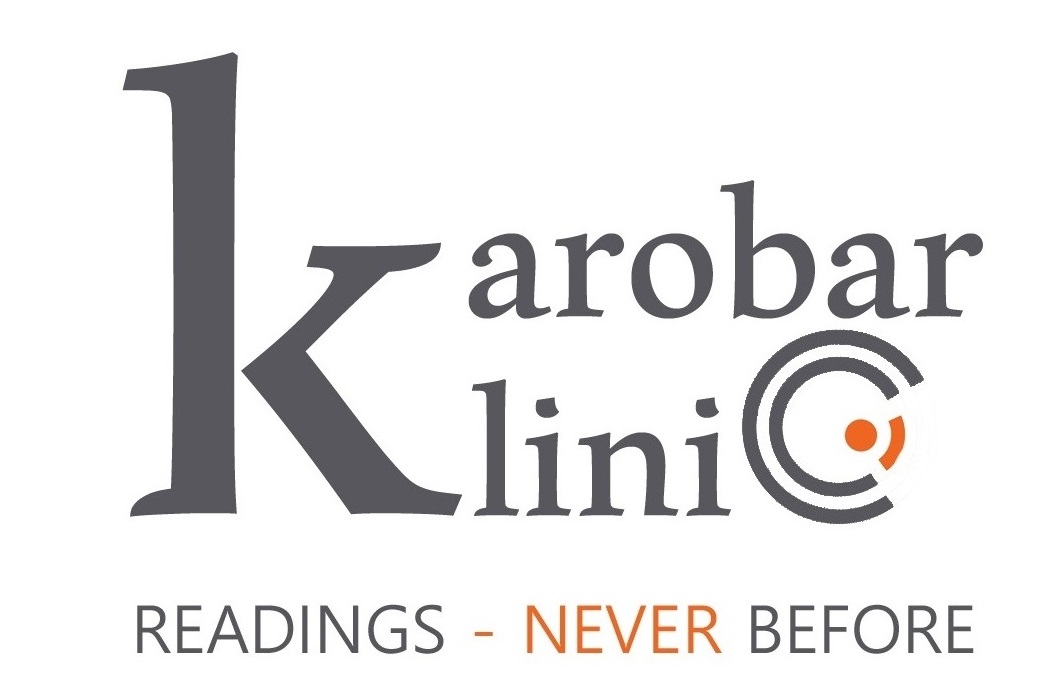What is Freelancing? A Comprehensive Guide
Freelancing is a dynamic and evolving way of working that offers freedom, flexibility, and diverse opportunities. While it comes with its challenges, it’s a viable option for those seeking a more independent and adaptable work life.
In the ever-evolving landscape of work, traditional employment models are giving way to more flexible and dynamic alternatives. One such alternative that has gained significant traction in recent years is freelancing. But what exactly is freelancing, and how does it differ from traditional employment?
In this comprehensive guide, we’ll delve into the world of freelancing to understand its essence, benefits, challenges, and how it’s reshaping the way people work.
Defining Freelancing:
At its core, freelancing is a work arrangement where individuals, often referred to as freelancers or independent contractors, provide services or expertise to clients or businesses on a project-by-project basis. Unlike traditional employees, freelancers are not bound by long-term contracts with a single employer. Instead, they operate as self-employed entities, taking on projects from various sources.
Key Characteristics of Freelancing:
Independence:
Freelancers have the autonomy to choose the projects they work on and the clients they collaborate with. This independence allows them to tailor their work to their skills, interests, and values.
Flexibility:
Perhaps one of the most appealing aspects of freelancing is the flexibility it offers. Freelancers can set their own work hours, determine their work location (often working remotely), and adapt to changing circumstances in their personal lives.
Diverse Projects:
Freelancers often work on a diverse range of projects within their area of expertise. For instance, a freelance writer may craft blog posts, articles, marketing materials, or even e-books for different clients. This diversity keeps their work fresh and stimulating.
Client Acquisition:
Freelancers are responsible for finding and securing clients. This involves marketing their services, networking, and building a strong online presence. Freelancing platforms like Upwork, Freelancer, and Fiverr have emerged as valuable resources for connecting freelancers with potential clients.
Payment Models:
Freelancers typically charge clients based on various payment models. These may include fixed project fees, hourly rates, retainer agreements, or even performance-based compensation. The choice of payment model often depends on the nature of the project and the freelancer’s preference.
Benefits of Freelancing:
- Work-Life Balance: Freelancing offers greater control over one’s work schedule, making it easier to achieve work-life balance.
- Diverse Experiences: Freelancers gain exposure to a wide array of projects and industries, enhancing their skills and knowledge.
- Independence: Freelancers have the freedom to pursue their passions and select projects aligned with their interests.
- Global Reach: Remote work allows freelancers to collaborate with clients and companies worldwide, expanding their opportunities.
- Income Potential: Freelancers can set their rates and potentially earn more than they would in a traditional job, especially as they build their reputation and client base.
Challenges of Freelancing:
- Income Variability: Freelancers may experience fluctuating income, especially when starting. It’s essential to manage finances wisely.
- Client Acquisition: Finding and retaining clients can be competitive and challenging, requiring effective marketing and networking skills.
- Self-Discipline: Working independently demands strong self-discipline to meet deadlines and stay productive.
- No Employee Benefits: Freelancers don’t typically receive employee benefits like health insurance or retirement plans, necessitating self-care in these areas.
The Future of Work:
Freelancing is at the forefront of the changing work landscape, driven by advancements in technology and a growing desire for flexibility. As more individuals embrace freelancing, it’s reshaping traditional employment models and offering new avenues for pursuing one’s career goals.
In conclusion,
Freelancing is a dynamic and evolving way of working that offers freedom, flexibility, and diverse opportunities. While it comes with its challenges, it’s a viable option for those seeking a more independent and adaptable work life. As the future of work continues to evolve, freelancing is likely to play an increasingly significant role in shaping how we approach our careers.
AI Analytics Billing Books Branding Business Cafe Canada Collaboration Data Science Digital Transformation Education Entrepreneurship Health Innovation Kids Learning Lessons Lifestyle Management Mobile App Development Networking Opportunity Partnership Politics Retail Review Software Development Stress Success Team Work Technology Together Training Travelling UpSkilling Youtube



